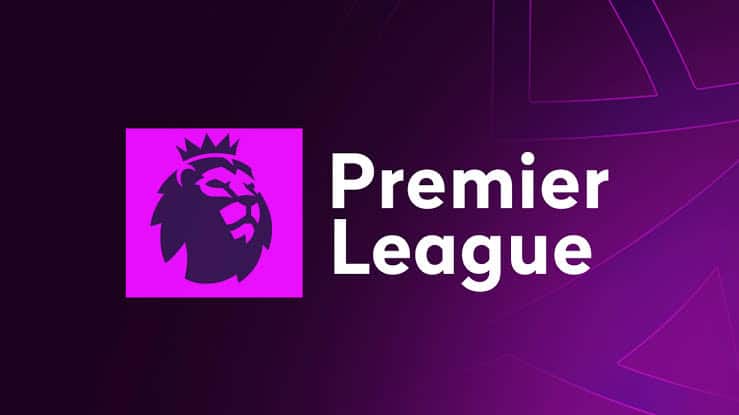Sports
Premier League Tightens Rules To Prevent Human Rights Abusers From Owning Clubs

The Premier League has strengthened its ownership regulations to prevent anyone found guilty of human rights abuses from owning a club in the league.
The tightened rules suggest that whatever is seen as human rights abuses in line with UK’s Global Human Rights Sanctions Regulations, could disqualify a person or group from owing or serving as a director at a Premier League club.
This new development is also applicable to those who have suffered sanctions from the UK government.
The tightened rules also empower the Premier League to bar anyone under investigation for conduct that, if found to be true, would disqualify them from serving as club director, from applying.
The new regulations, which were overwhelmingly approved at a shareholders meeting on Thursday, are already in effect, while the ownership of several Premier League clubs is now being looked into.
Sheikh Jassim, a banker from Qatar, is one of the bidders for Manchester United, and the idea of Qatari involvement in a Premier League team has alarmed LGBTQ+ and human rights organizations.
How the country treats migrant workers are heavily criticized globally. Fining, receiving a prison term of up to seven years, and even being stoned to death are all possible penalties for being gay in Qatar which human rights groups have protested against.
Amnesty International who described the Premier League as a tool of “sports-washing”, has recently urged the league to re-examine whether the Saudi state has control of Newcastle United.
Recall that the Premier League accepted the Public Investment Fund (PIF) of Saudi Arabia’s acquisition of Newcastle after receiving “legally enforceable assurances” that the Saudi government would not have any control over the team.
While reacting to the strengthened regulations, Amnesty International’s UK’s economic affairs director Peter Frankental said: “It’ll make little difference unless powerful individuals linked to serious human rights violations overseas are definitively barred from taking control of Premier League clubs and using them for state sports washing.
“Would, for instance, a future bid involving Saudi or Qatari sovereign wealth funds be blocked by this rule change? It’s far from clear that they would.”










